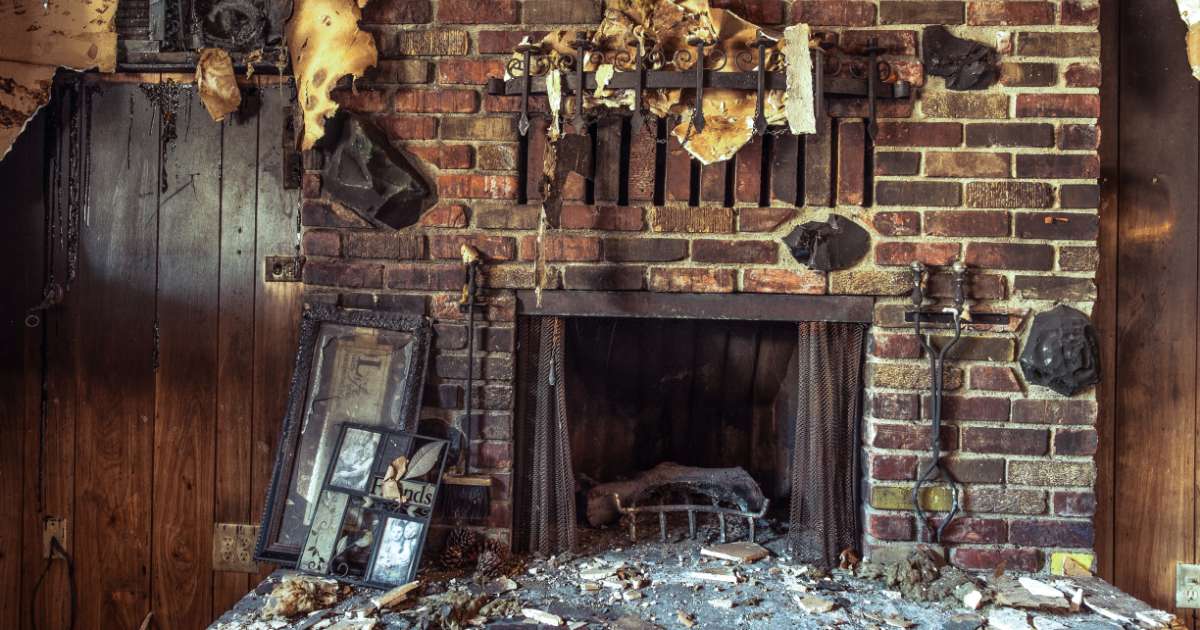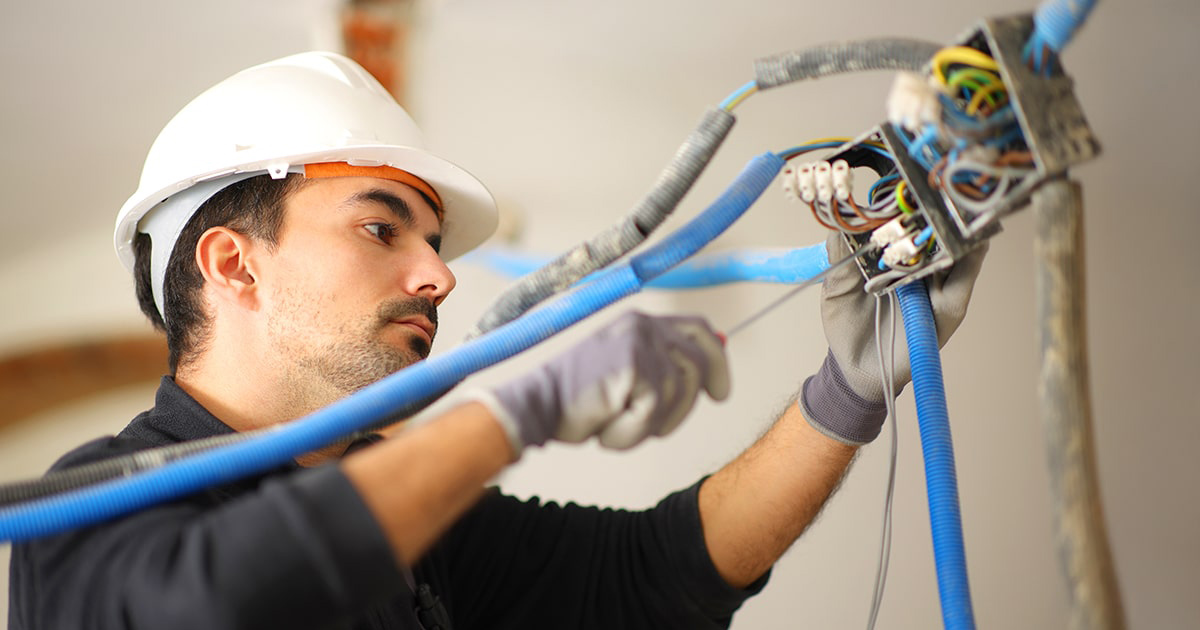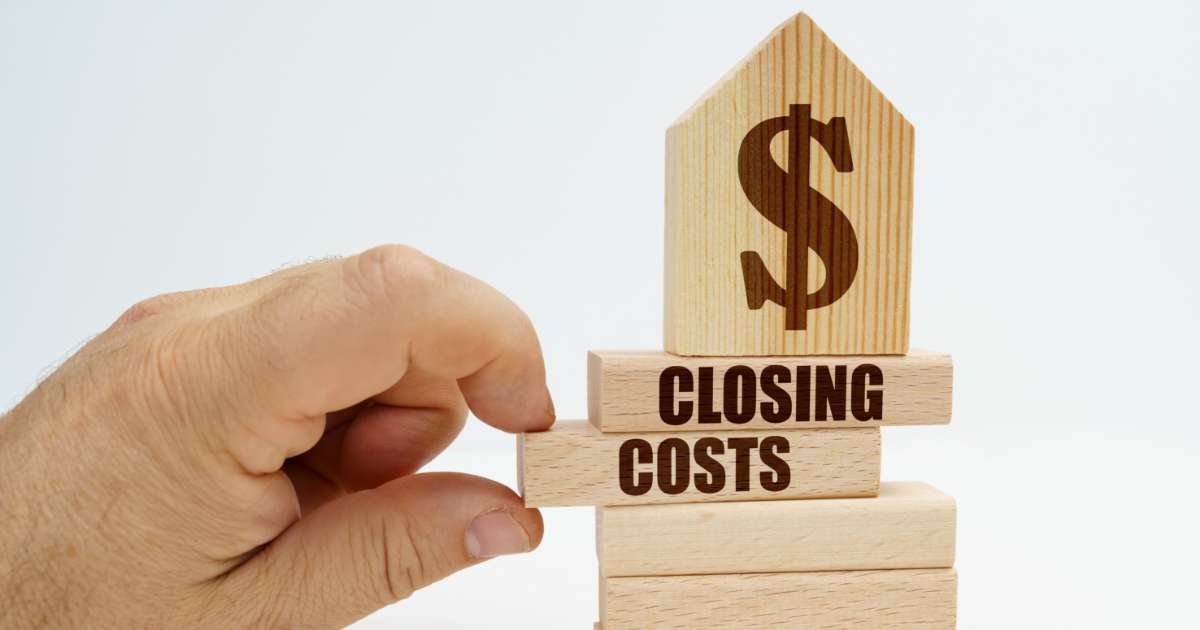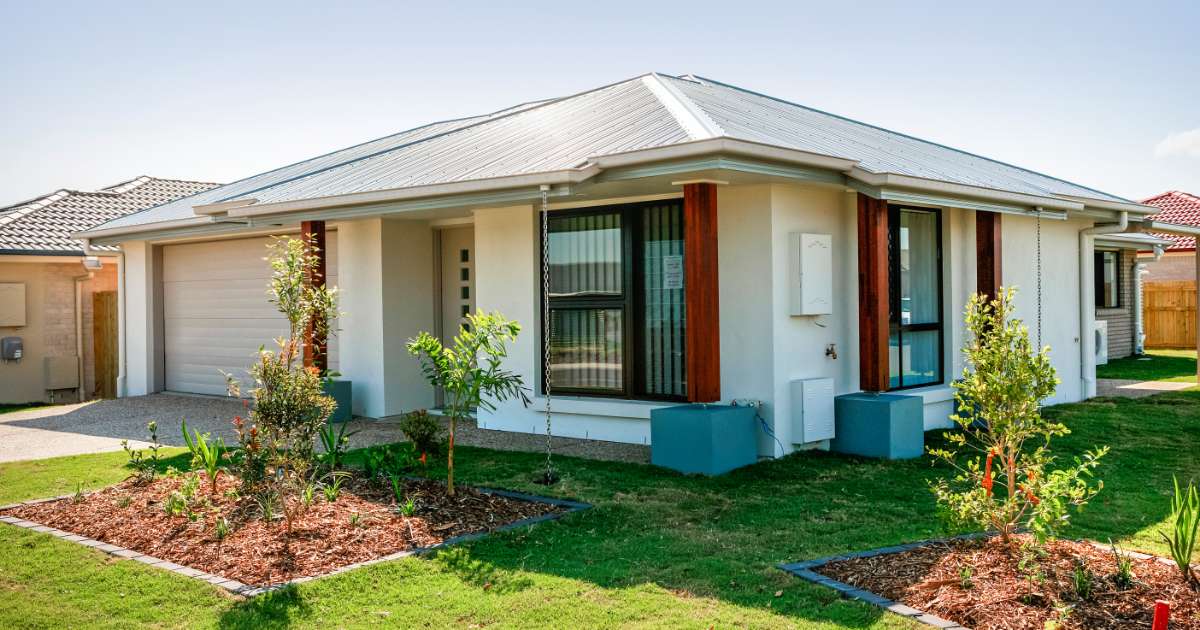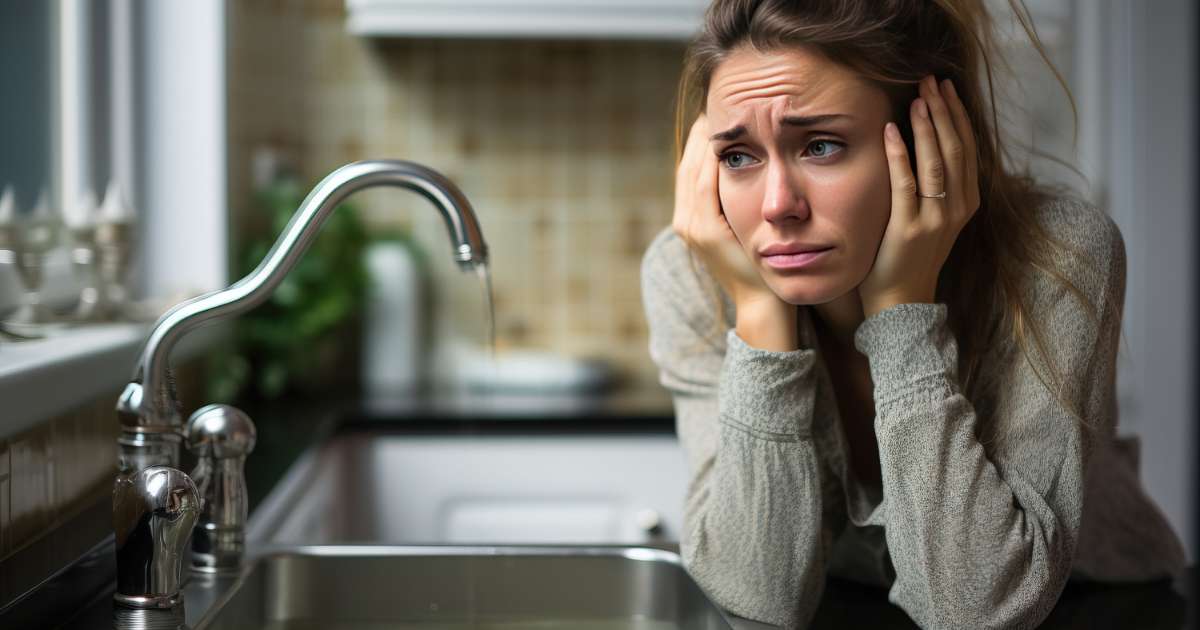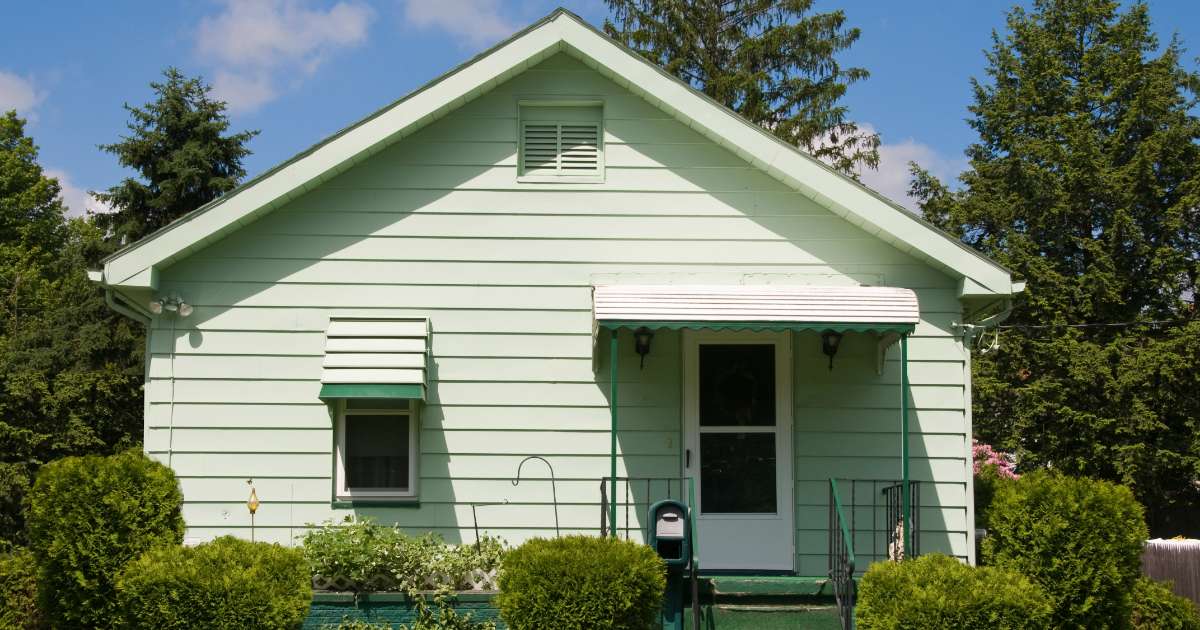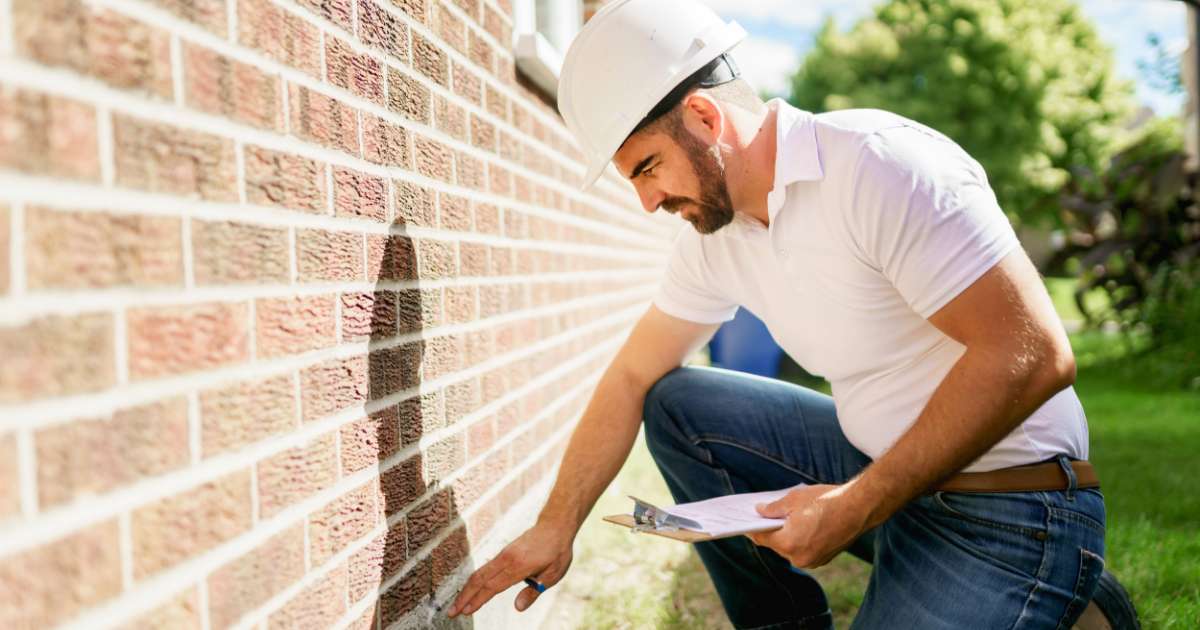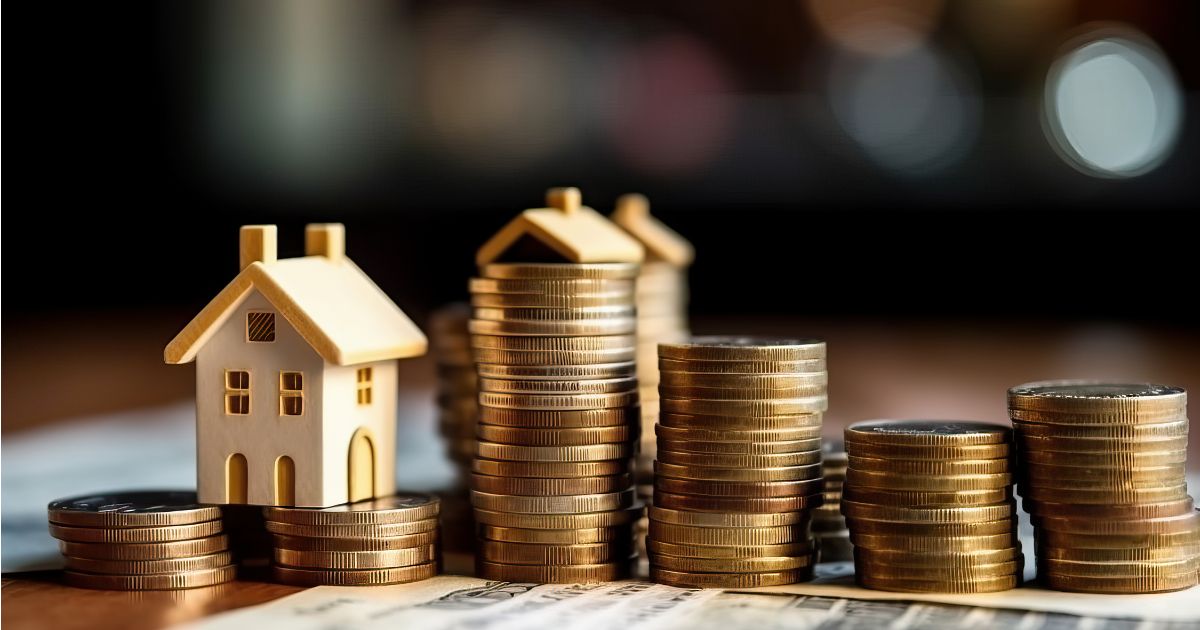Accurately determining your San Antonio house’s value can make the difference between a quick, profitable sale and a home listing that doesn’t attract as much attention as it should. Let’s discuss what to consider when determining your house’s value.
Why knowing your home’s value is important for planning a sale
Calculating your home’s value has a few advantages. It helps you set an effective home sale price. The right price should make your house more appealing to serious buyers and cut down the time to closing. Overpriced houses can be difficult to sell. Underpriced houses may sell quickly but prove less profitable for the seller.
By knowing the value of your San Antonio home, you can:
- Set a home sale price that will attract the right potential buyers.
- Avoid lowering your asking price or even having to re-list your property.
- Make informed decisions about home repairs or renovations before putting your house on the market.
Factors that affect your home’s value in San Antonio
Several key factors impact the value of houses in San Antonio. Understanding these can help you get an accurate understanding of your property’s worth:
- Location: Proximity to desirable features like green spaces, highly rated schools, shopping, and popular San Antonio amenities can make a big difference in your house’s value.
- Condition and age of the house: The age and condition of your house will typically affect your valuation. New construction and well-maintained older homes tend to hold more value.
- Recent renovations or improvements: Updated living spaces, as well as amenities like swimming pools and covered patios, can boost home values in San Antonio.
- Market trends and demand: In a seller’s market, housing demand is greater than supply, which means you might be able to set a higher price. In a buyer’s market, you might need to sell for a lower price.
- Size and layout: Larger homes tend to hold more value, especially if they offer layouts and features that San Antonio buyers are looking for.
- Comparable homes in the area (comps): Recently sold homes in your area that are similar in size, style, and condition can be used to estimate your house’s market value.

Types of home valuation
Here are the three main types of valuations San Antonio sellers should be aware of:
- Assessed value: This value, determined by government assessors, is used for property tax calculations. This figure is usually lower than market value and is rarely used when setting a selling price.
- Appraised value: A professional appraiser evaluates your house’s worth based on factors like location, size, condition, and neighborhood comps. This method of valuation is common in the home-selling process, especially when the buyer is using an FHA loan or other form of financing.
- Market value via comparative market analysis (CMA): Real estate agents use CMAs to estimate market value by comparing your house with similar homes sold in the last six months. They look at nearby houses of similar size and type, typically calculating the value based on 250-square-foot intervals.
How to find out your house's value before selling
There are several ways to assess your house’s worth in San Antonio before you put it on the market. Here’s a breakdown of some potentially helpful methods:
- Online home valuation tools: Online calculators are good for getting a ballpark estimate of your house’s value. Keep in mind that these tools don’t factor in specific property features or recent upgrades, which means they may not give you an accurate number.
- FHFA House Price Index (HPI) calculator: Provided by the Federal Housing Finance Agency, this free tool estimates home value changes over time based on average appreciation rates in your area. While more accurate than other online calculators, the average doesn’t factor in your specific neighborhood and the current condition of your home.
- Hiring a professional appraiser: A home appraiser provides a detailed valuation by evaluating your house’s size, condition, location, and comparable sales. A professional appraisal can be considered a reliable source of home-value information.
- Comparative market analysis (CMA): A CMA, conducted by a real estate agent, compares your home to recently sold properties that are similar in size, layout, and location. CMAs are regularly used by real estate agents to set a price that matches with market conditions. While not as official as a professional appraisal, CMAs are often a good way to find out your house’s value.
When to consider a professional appraisal
If your San Antonio property needs major repairs or has other special considerations, investing in a professional appraisal might be a good idea. According to Angi.com, the average US seller can expect to pay around $350 for a home appraisal.
Common mistakes to avoid when valuing your San Antonio house
- Over-relying on automated tools: Online calculators are often inaccurate and should be taken with a grain of salt when setting a home sale price.
- Overlooking unique features: Special characteristics like solar panels can add value if marketed correctly.
- Ignoring market conditions: Try to consider whether it’s a buyer’s or seller’s market when you estimate a sales price for your house.
- Neglecting home improvements: Failing to calculate past upgrades can lead you to undervalue your property, while overlooking essential repairs and renovations can lead you to setting your price too high.
We Buy Ugly Houses® buys houses in almost any condition.
If a fast, convenient sale is what you’re looking for, selling “as is” could be a smart decision. We Buy Ugly Houses® in San Antonio considers many types of properties, ranging from turnkeys to fixer-uppers with significant problems. We buy houses in San Antonio and the surrounding area, keeping the process simple and hassle-free. We can sometimes close on your house in as little as 3 weeks.
Get in touch today to find out how easy selling your house can be!

